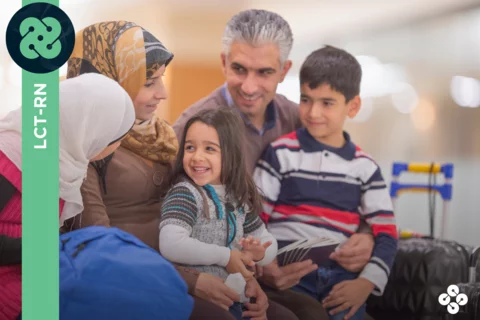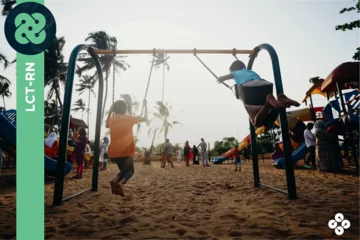Migrants experience significant changes in their social and cultural environments, some of which pose challenges to their health trajectories. The immigration experience is part of the history of America. In the past, as now, this experience occurred in a variety of contexts- for many it was a much welcomed, awaited and desired change with new hope for the future. For others it was an unexpected response to a traumatic event, such as war or persecution, and for some the move was enforced and even at times against a person’s will. We are now starting to understand that the nature and consequences of the immigrant experience can have profound effects on a person’s health and well-being and can even impact the health of future generations.
The LCIRN is funding two pilot projects aimed at understanding and improving intergenerational migrant health:
- Saltanat Childress, LCIRN Scholar and Assistant Professor of Social Work at the University of Texas-Arlington is studying ways to prevent Adverse Childhood Experiences (ACEs) and promote family well-being among immigrants from Central Asia and the former Soviet Union. Her pilot study “Family Wellbeing in Global Cultures: Establishing Foundations for Adaptive Interventions Across the Lifespan” aims to identify key socio-cultural and psychological risk and protective factors that can affect the family life of immigrants and refugees. She plans to explore how these factors are related to caregiver and child/adolescent outcomes, and what strategies are used to navigate family processes.
- Kevin Roy, Professor of Social Work at the University of Maryland and Jerica Berge, Professor and Vice-Chair for Research, Dept Family Medicine and Community Health, University of Minnesota Medical School are conducting an LCIRN pilot study into the relationship between “Immigrant Father Involvement and Child Health/Well-Being over the Lifespan.” The role of immigrant fathers is an understudied aspect of life course health research. This mixed-methods study aims to explore how men and their families cope with the challenges of acculturation, economic setbacks, legal issues and constrained educational opportunities, and which factors promote or constrain their own and their family’s health and well-being.
By understanding more about these upstream factors and the way they impact life-long health and well-being, we can start to work alongside immigrant populations to co-create new types of interventions that will best address challenges and have a positive impact on health development trajectories.




